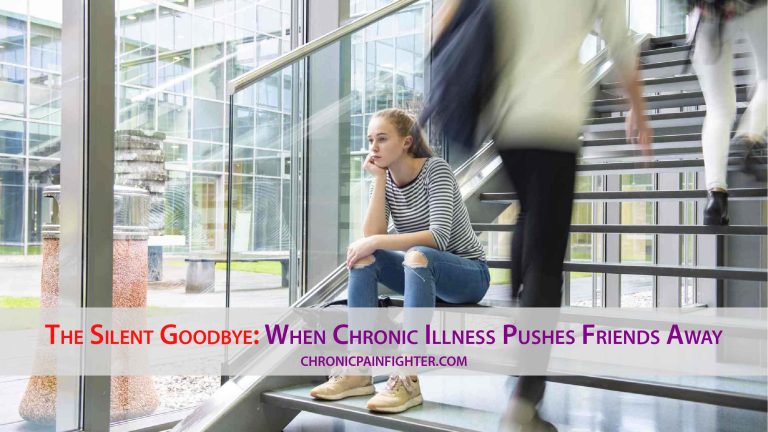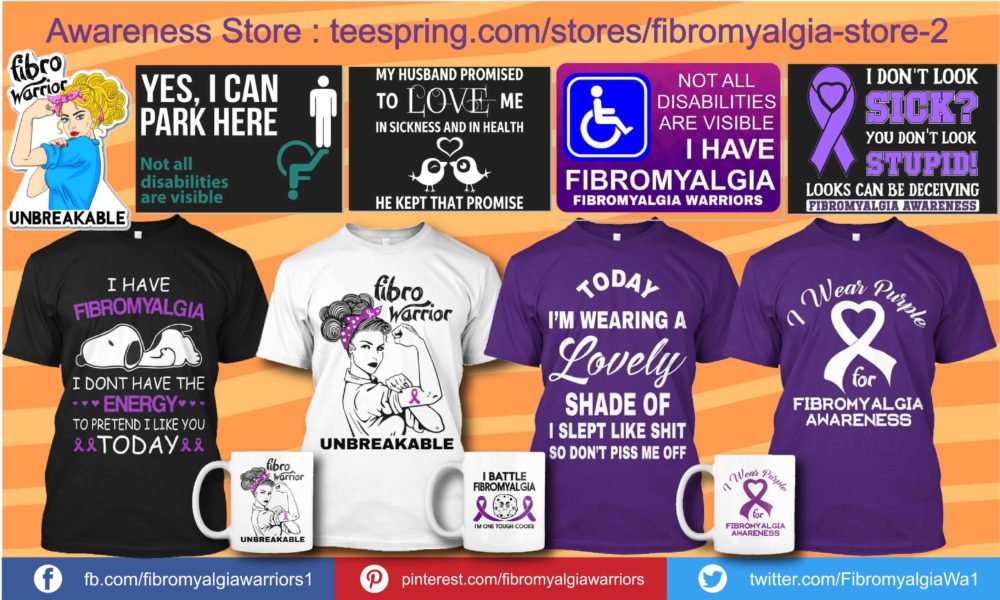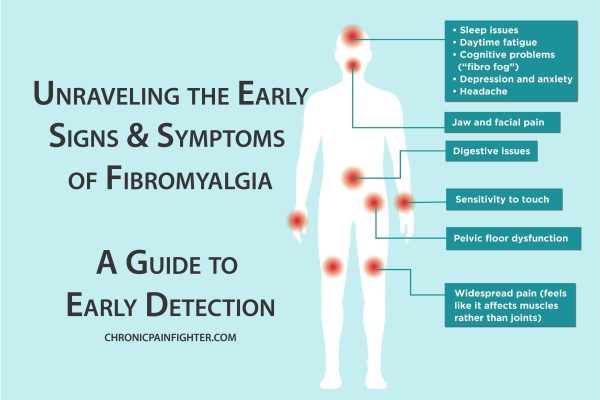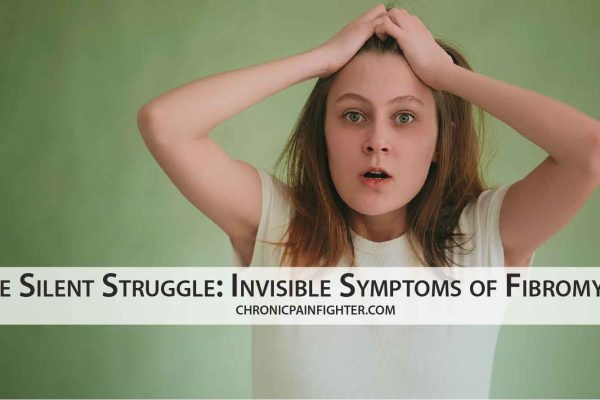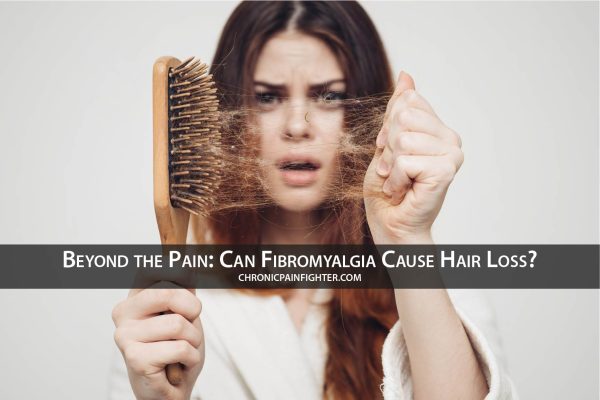Living with a chronic illness can be isolating enough, but the emotional toll can be compounded when friends start to disappear from your life. While the intention may not be malicious, the experience of losing friends due to chronic illness can leave you feeling misunderstood, abandoned, and deeply alone. This article will explore the complex reasons why friendships may dwindle in the face of chronic illness, the emotional impact on the person living with the illness, and how to navigate these challenging situations.
The Invisible Burden: Navigating a Chronic Illness Landscape
Imagine a world where your body becomes an unpredictable battlefield, where pain, fatigue, and limitations become daily companions. This is the reality for millions living with chronic illnesses. These conditions aren’t just physical; they affect mental and emotional well-being, impacting relationships, work, and every aspect of life.
The constant struggle with chronic illness can make it challenging to maintain a consistent social life. Fluctuations in energy levels, unpredictable flare-ups, and the emotional burden of managing the condition can lead to missed plans, cancelled outings, and a sense of withdrawal from social gatherings.
The Shifting Sands of Friendship: When Good Intentions Go Astray
Friendships, at their core, are built on shared experiences and mutual understanding. However, when one person is navigating the complex landscape of chronic illness, the foundation of that friendship can become shaky.
1. The “Invisible Illness” Trap:
Many chronic illnesses are not visible, making it difficult for others to fully grasp the severity of the condition. The lack of outward signs can lead to misunderstandings, with friends assuming you’re simply being lazy, dramatic, or choosing to avoid social engagements.
2. The Fear of “Being a Burden”:
As your health fluctuates, you may find yourself needing more support and understanding. While your friends may have the best intentions, they may feel overwhelmed by your needs, fearing that they are unable to provide the necessary support or that your condition is too much to handle. This can lead to them distancing themselves to avoid feeling inadequate or burdened.
3. The Unintentional Hurtful Words:
Friends who don’t fully understand your situation may make insensitive comments or suggestions like:
- “You just need to exercise more.”
- “Try to be more positive.”
- “Have you tried this new diet?”
These statements, while well-intentioned, can feel incredibly hurtful and dismissive. They can leave you feeling invalidated and further isolated.
4. The Lack of Empathy and Patience:
Chronic illness requires patience, both from the person living with it and their support system. Friends may struggle to grasp the constant fatigue, pain, and limitations, leading to frustration or impatience with your limitations.
The Emotional Toll: Feeling Lost and Alone
The loss of friendships due to chronic illness can have a profound impact on your emotional well-being. You may feel:
- Isolated and misunderstood: The feeling of being alone in your struggle can be incredibly isolating, especially when those closest to you seem to be pulling away.
- Rejected and abandoned: The perceived lack of support can fuel feelings of rejection and abandonment, leading to a sense of loss and grief over the friendships that once brought you joy.
- Guilt and shame: You may feel guilty for burdening your friends with your illness or ashamed of your limitations, further driving you inward.
- Depressed and hopeless: The emotional toll of navigating chronic illness, coupled with the loss of friendships, can lead to feelings of depression and hopelessness.
Navigating the Difficult Terrain: Steps to Preserve Your Well-being
While the pain of losing friends can be intense, it’s important to remember that you are not alone. Here are some steps you can take to navigate this challenging situation and protect your emotional well-being:
1. Acknowledge the Reality:
The first step is to acknowledge the reality of your situation. It’s okay to feel hurt, angry, and frustrated by the loss of friendships. Give yourself permission to grieve the relationships that have changed or faded away.
2. Prioritize Your Well-being:
Your health and well-being are paramount. Focus on self-care practices that support your emotional and physical health. This might include therapy, journaling, mindfulness, spending time in nature, or connecting with other individuals who understand your experience.
3. Communicate Your Needs (When Appropriate):
While it’s not always easy, consider communicating your needs to friends who are struggling to understand your situation. Explain how their actions or words affect you, and offer suggestions for how they can be more supportive.
4. Set Boundaries:
It’s crucial to set healthy boundaries, even with loved ones. Don’t be afraid to decline invitations or activities that are too taxing on your energy levels. It’s your right to prioritize your health and well-being.
5. Seek Support From Others:
Connect with others who understand the challenges of living with chronic illness. Online support groups, local support organizations, or even other individuals within your community who share your experience can provide invaluable support and validation.
6. Reclaim Your Social Life:
Despite the challenges, don’t completely withdraw from social life. Explore new activities and interests that align with your energy levels and capabilities. Look for communities that share your passions or interests, where you can find connection and support.
7. Embrace Imperfect Friendships:
Not all friendships are meant to last forever, and that’s okay. Focus on nurturing those relationships that bring you joy and support, even if they are imperfect.
8. Don’t Lose Hope:
Remember that your worthiness as a friend, a person, and a human being is not defined by the number of friends you have. Focus on building healthy relationships that are supportive, understanding, and reciprocal.
The Power of Connection: Building New Bridges
While the loss of friendships can be painful, it can also be a catalyst for growth and self-discovery. It can lead you to re-evaluate your relationships, prioritize your well-being, and seek out connections that truly nourish your soul.
Remember, you are not alone in this journey. There are countless others who understand the challenges of navigating chronic illness and the emotional impact it can have on relationships. Reach out, connect, and build new bridges to support and understanding.
For More Read: What family Members of Those who have Fibromyalgia Need to Know

